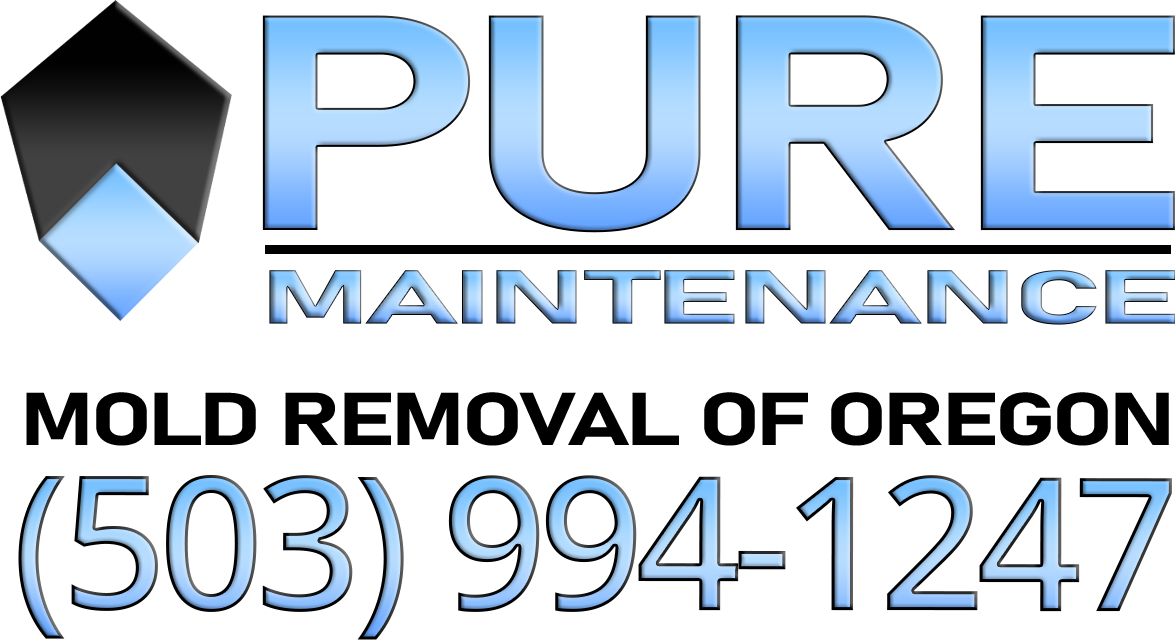5 min read. Want the Infographic Instead? Skip to the end!
Mold growing anywhere in your home or business is serious.
Not only can it cause structural damage but it also poses a health risk to those exposed. Unfortunately, there are thousands of different types of mold spores that cause negative effects to the human body. If you suspect mold, you want to kill it. Does vinegar kill mold? Some people use vinegar to treat and prevent small areas of mold growth. But before you head to your kitchen cabinet, find out whether this common household ingredient effectively treats mold.
What Is Vinegar?
Vinegar is a natural acid that makes a good organic cleaning solution because it’s non-toxic yet efficient in getting rid of 80% of germs, including molds. Vinegar can be combined with other non-toxic substances such as borax, hydrogen peroxide, and baking soda to increase effectiveness.
Bleach Vs. Vinegar?
Is bleach or vinegar better to kill mold? One of these is a bit of an urban myth and actually runs deeper when applied….
Bleach Pros:
Bleach can keep surfaces looking clean and sanitized.
Bleach can eliminate small patches of mold forming on non-porous surfaces.
Bleach Cons:
Bleach can’t reach porous surfaces of walls and wood fittings.
Bleach can be a food source for mold causing it to grow back quicker and in higher concentrations.
Mold treats bleach as a threat and reacts by actually increasing by multiplying the mold.
It’s difficult to treat a large surface area or an entire house
Vinegar Pros:
Vinegar can penetrate porous surfaces to kill mold membranes. It is safer and more effective than bleach.
Vinegar Cons:
It’s almost impossible to treat an entire house or large area.
How to Apply Vinegar
-
For even distribution and targeting concentrated areas, use a spray bottle. Let the vinegar dry out. The fumes from the acid will dissipate in a few hours.
-
To remove mold stains, use baking soda with Apple Cider Vinegar. Apply baking soda on the area, and then spray with the vinegar. Wait for the bubbles to disappear then brush to remove the stain, wash or wipe with damp cloth 2 to 3 times.
-
Always use a mask (N95 quality), gloves, goggles and apron; and bathe after cleaning to ensure you do not come in contact with the mold spores.
How To Use Vinegar To PREVENT Mold
Vinegar helps to prevent mold growth. Use vinegar as your regular disinfectant spray on moist rich area of the house such as bathrooms and kitchens as well as basements and ceilings. By regularly applying vinegar – at least once or twice a week, spores are killed even before they start to grow.
Vinegar and the Dreaded Black Mold
Black mold, aka Stachybotrys chartarum, is a type of fungi that grow on moist and cellulose kind of surfaces such as fiberboard, drywall and gypsum board. It gravitates to moist area, thus, thriving on homes that were previously flooded, with leaking pipes and anywhere damaged with water.


